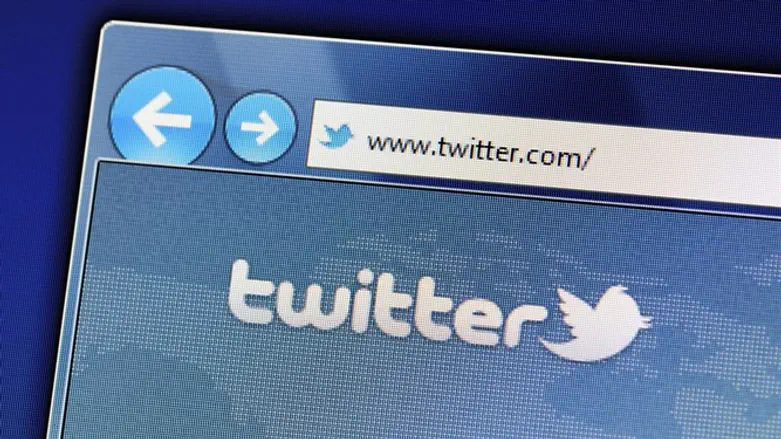
Twitter users sent over four million anti-Semitic tweets in 2017, according to a report released by the Anti-Defamation League (ADL) Monday.
According to the report, titled 'Quantifying Hate: A Year of Anti-Semitism on Twitter,' approximately 4.2 million anti-Semitic tweets were posted or shared in English alone. The report was released duringthe ADL’s National Leadership Summit, a three-day conference of more than 800 leaders and activists from across the country in Washington DC.
The research showed that the number of anti-Semitic tweets fluctuated between a low of 36,800 in the last week of July, 2017 to a high of 181,700 in the first week of December 2017. The average number of anti-Semitic tweets per week was 81,400.
"This new data shows that even with the steps Twitter has taken to remove hate speech and to deal with those accounts disseminating it, users are still spreading a shocking amount of anti-Semitism and using Twitter as a megaphone to harass and intimidate Jews,” said ADL CEO Jonathan A. Greenblatt. “We hope this report will create a renewed sense of urgency among all social media providers that this problem is not going away and that they need to find innovative new ways to tamp down the spread of hatred online.”
"Algorithms and artificial intelligence will be key to identifying hate online, but human experts are needed to define the problem and, at least in the initial stages, to help the systems assess sentiment and eliminate false positives,” Greenblatt said. “Our experts created a data set of 55,000 tweets which were manually reviewed for the presence of anti-Semitism. We look forward to sharing our research and expertise with tech companies and academics as they work on this problem.”
The report included a series of policy recommendations for Twitter to combat anti-Semitism on its platform. The recommendations include ensuring a comprehensive Terms of Service agreement that clearly prohibits hateful content that is adequately enforced; using artificial intelligence to enhance efforts to flag content for review; ensuring users have an effective filtering option to decrease the chances they will encounter hate speech; and exploring external review and input by providing access to the platform’s data to independent researchers and members of civil society.
The ADL noted that its study included only posts with anti-Semitic texts, and did not cover posts which included anti-Semitic videos or images.